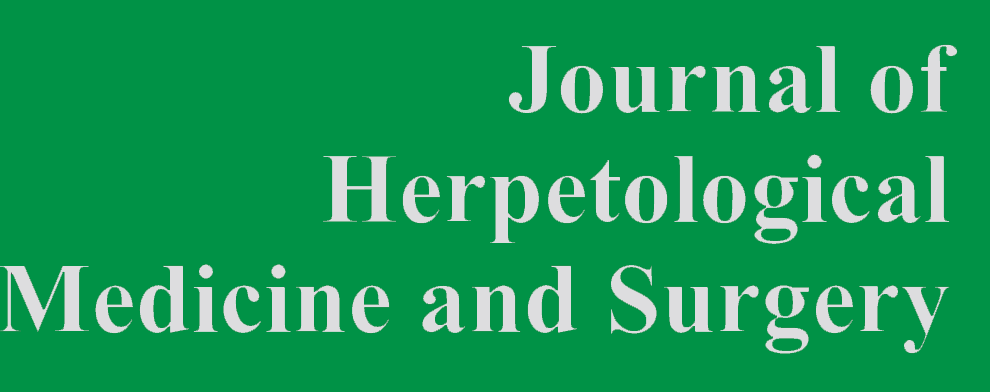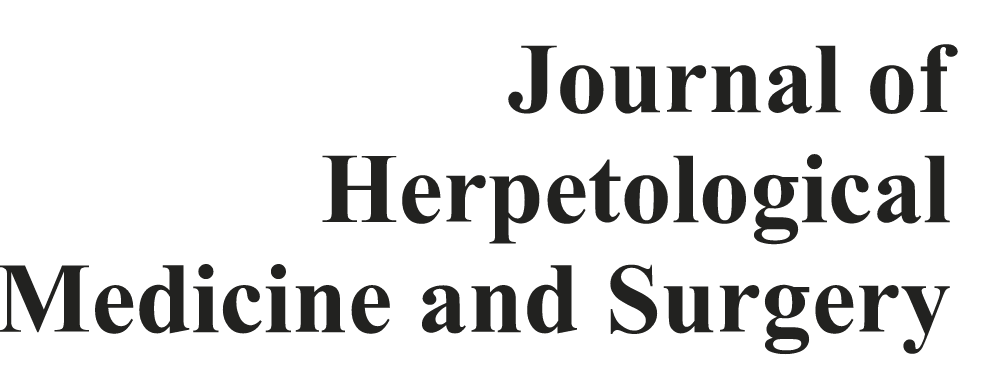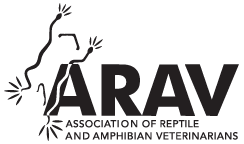Presumptive Hemolytic Anemia after Consumption of Wild Garlic (Allium ursinum) and Blood Transfusion Therapy in Two Bearded Dragons (Pogona vitticeps)
A 3-yr-old female spayed bearded dragon (Pogona vitticeps) with lethargy, inappetence, and pale mucous membranes was presented to the clinic 3 days after being fed wild garlic (Allium ursinum). Diagnostic testing, including hematology, blood chemistry, and whole body radiographs, and a parasitological examination (flotation, native preparation) revealed low-grade leukocytosis (20,000/µl), anemia (hematocrit of 8%), and a parasite infestation with oxyurids and flagellates. The animal was hospitalized and treated with enrofloxacin IM, SteroG5 SC, activated charcoal and lactulose PO, Vit B complex SC, iron IM, Zylexis SC, fenbendazole PO, metronidazole PO, and HerbiCare PO and supplemental oxygen via an oxygen cage. During the animal’s hospitalization, the partner animal, a 3-yr-old male bearded dragon, was presented to the hospital for examination and also was found to be anemic, with a significantly decreased hematocrit of 11%. Because of the life-threatening anemia, both animals underwent whole blood transfusion via intraosseous catheter from two donor animals of the same species on day 2 of hospitalization. Two days posttransfusion, both animals showed an increase in hematocrit and improvement of their general condition. Fourteen days posttransfusion, hematocrit levels had increased to 16% in the female and 20% in the male and both animals showed completely normal species-specific behavior and general condition.Abstract
Contributor Notes



